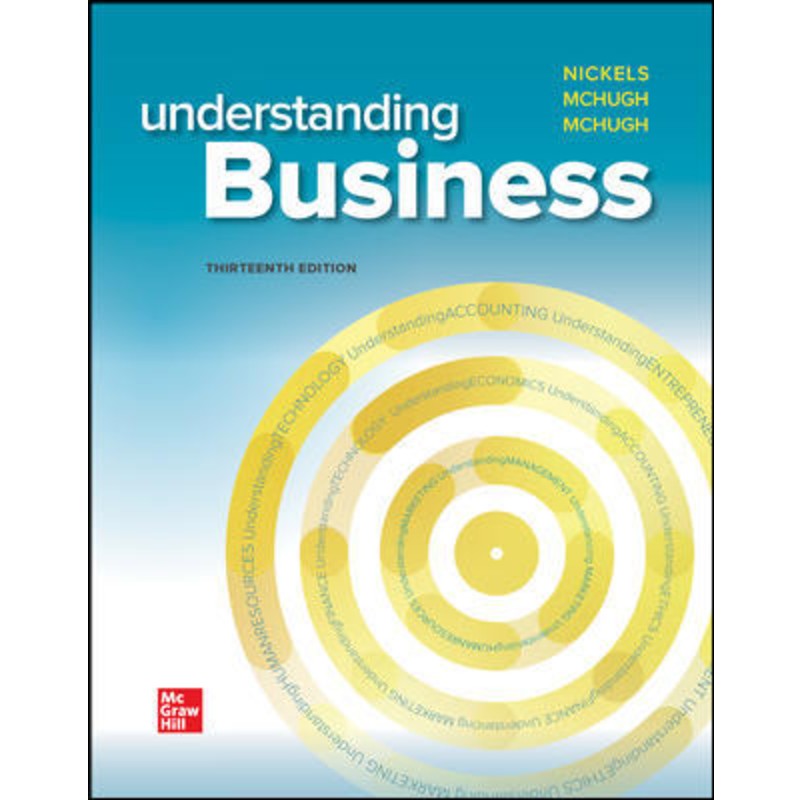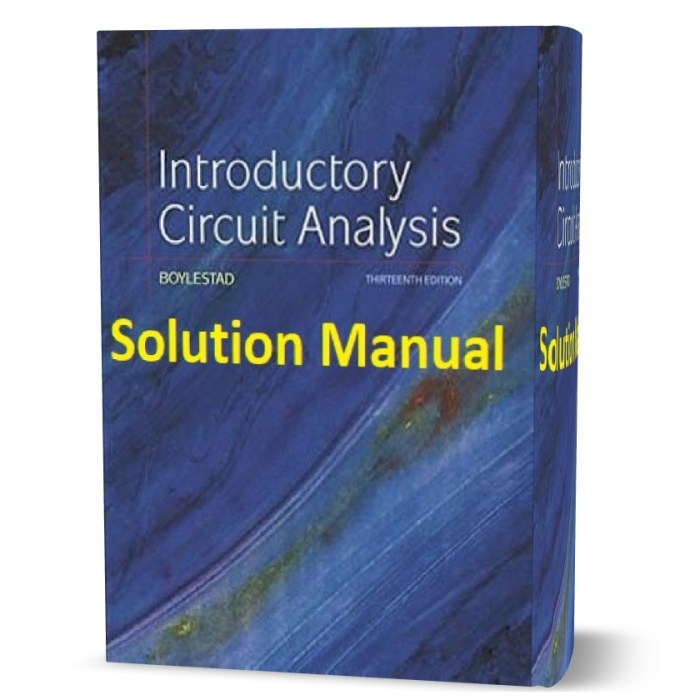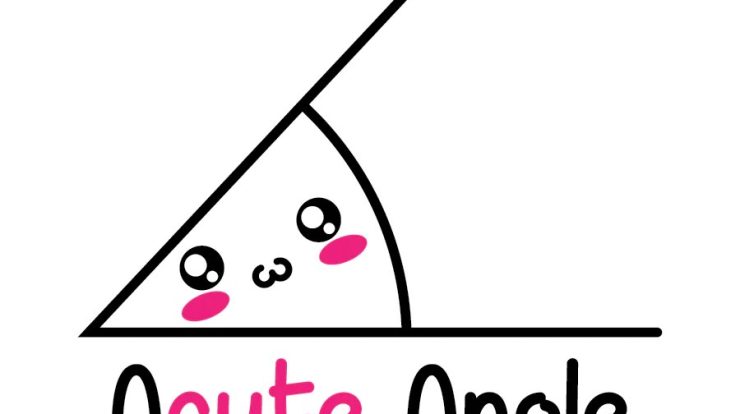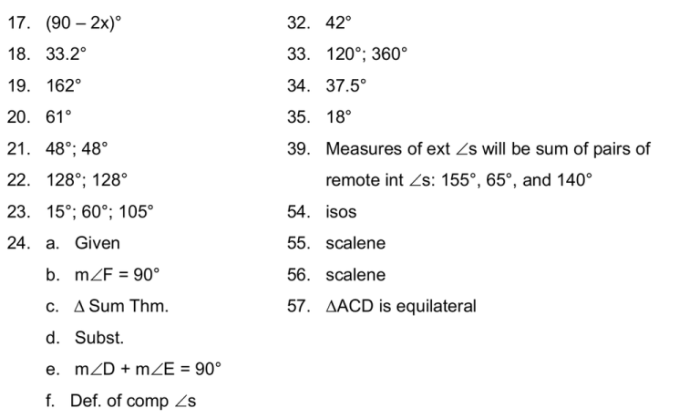Delving into the Nature of Mathematics 13th Edition PDF, we embark on a journey to unravel the profound nature of this fundamental discipline. This comprehensive text provides a thorough exploration of the foundations, reasoning, applications, and philosophical underpinnings that define mathematics as a unique and indispensable human endeavor.
Mathematics, as presented in this 13th edition, transcends its role as a mere collection of formulas and theorems. It emerges as a dynamic and evolving subject, shaped by historical developments, philosophical debates, and the relentless pursuit of understanding the world around us.
Definition of Nature of Mathematics
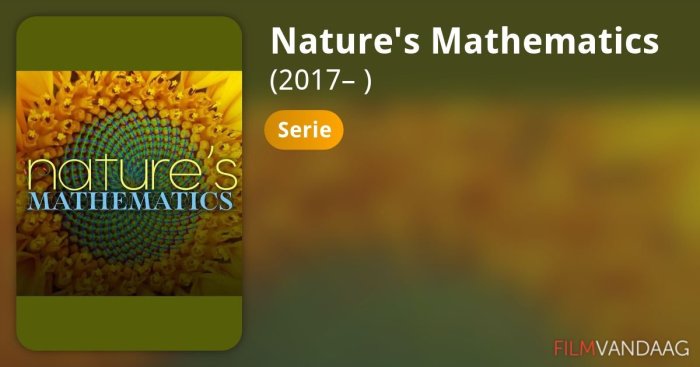
The “nature of mathematics” refers to the fundamental characteristics, principles, and philosophical underpinnings of mathematics as a discipline. It encompasses questions about the foundations, methods, and applications of mathematics, as well as its relationship to other fields of knowledge.
The concept of the nature of mathematics has evolved throughout history, with different philosophers and mathematicians proposing various perspectives. Some key historical developments include the Pythagorean view of mathematics as a mystical and divine science, the Platonic view of mathematics as a realm of abstract and eternal truths, and the Aristotelian view of mathematics as a tool for understanding the physical world.
Foundations of Mathematics
The foundations of mathematics consist of the basic concepts, axioms, and rules that underpin the entire discipline. These include:
- Logic:The study of reasoning and argumentation, providing the principles of valid inference.
- Set theory:The study of sets, which are well-defined collections of distinct objects, and their relationships.
Different interpretations of the foundations of mathematics exist, such as:
- Platonism:The view that mathematical objects exist independently of the human mind.
- Formalism:The view that mathematics is a purely formal system of symbols and rules.
- Intuitionism:The view that mathematical objects are created through mental constructions.
Mathematical Reasoning, Nature of mathematics 13th edition pdf
Mathematical reasoning involves the use of logical principles and methods to derive new conclusions from given premises. Key types of mathematical reasoning include:
- Deductive reasoning:Drawing conclusions that are logically implied by the premises.
- Inductive reasoning:Generalizing from specific observations to make broader claims.
- Proof:A formal argument that demonstrates the validity of a mathematical statement.
Mathematical rigor is essential in ensuring the accuracy and reliability of mathematical results.
Applications of Mathematics
Mathematics has wide-ranging applications in various fields, including:
- Science:Modeling and analyzing physical phenomena, predicting outcomes, and testing hypotheses.
- Technology:Designing and optimizing systems, developing algorithms, and processing data.
- Finance:Analyzing financial markets, managing risk, and making investment decisions.
Mathematics plays a crucial role in modeling and problem-solving, providing tools for understanding and manipulating complex systems.
Philosophy of Mathematics
The philosophy of mathematics explores the fundamental nature of mathematics, including its:
- Objectivity:Whether mathematical truths exist independently of human minds.
- Truth:The nature and criteria for mathematical truth.
- Relationship to reality:How mathematics connects to the physical world and other areas of knowledge.
Different philosophical perspectives on the nature of mathematics include:
- Realism:The view that mathematical objects exist objectively.
- Idealism:The view that mathematical objects are mental constructions.
- Constructivism:The view that mathematical objects are created through human activity.
History of Mathematics
The history of mathematics spans thousands of years, with significant milestones and discoveries contributing to its development:
- Ancient Egypt and Mesopotamia:Development of basic arithmetic and geometry.
- Ancient Greece:Axiomatic approach to mathematics, development of Euclidean geometry and calculus.
- Middle Ages:Arabic mathematicians made significant contributions to algebra and trigonometry.
- Renaissance:Revival of Greek mathematics, development of perspective in art.
- 17th century:Invention of calculus by Newton and Leibniz.
- 19th century:Development of abstract algebra, set theory, and non-Euclidean geometry.
- 20th century:Computer science and the emergence of new mathematical fields.
Throughout history, mathematicians have played a vital role in advancing the discipline and expanding our understanding of the world.
FAQ Compilation: Nature Of Mathematics 13th Edition Pdf
What is the primary focus of the Nature of Mathematics 13th Edition PDF?
The Nature of Mathematics 13th Edition PDF delves into the fundamental nature of mathematics, exploring its historical development, philosophical underpinnings, and practical applications.
How does the text approach the foundations of mathematics?
The text identifies the foundational concepts and principles of mathematics, examining the role of logic and set theory and discussing different interpretations of mathematical foundations.
What types of mathematical reasoning are covered in the text?
The text describes various types of mathematical reasoning, including deductive, inductive, and abductive reasoning, and emphasizes the importance of proof and mathematical rigor.
How does the text highlight the applications of mathematics?
The text provides numerous examples of how mathematics is used in diverse fields such as science, technology, and finance, showcasing its impact on problem-solving and modeling.
What philosophical perspectives on mathematics are explored in the text?
The text examines different philosophical perspectives on the nature of mathematics, including Platonism, formalism, and constructivism, and discusses debates over objectivity and truth in mathematics.
